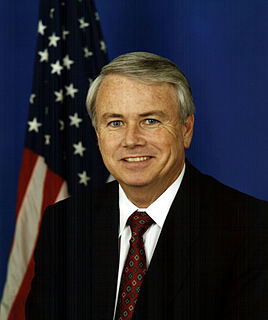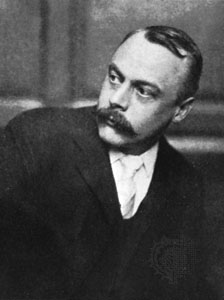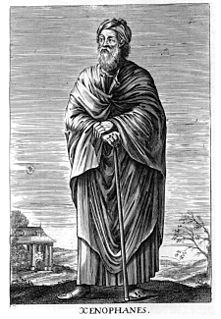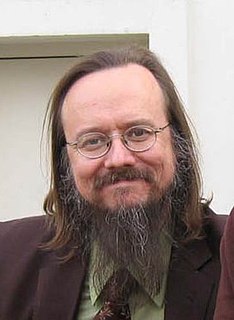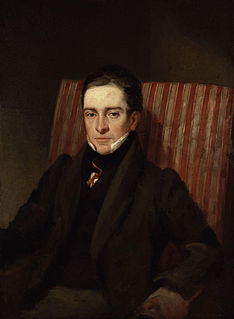A Quote by Edgar Mitchell
So, we've gone from covered wagons to going to the moon in just under 100 years. For all the centuries and thousands of years before us, people walked or rode horses, cows, camels or whatever. This so-called modern era, from the late 19th century through now, has been the period of the most amazing development, discovery, innovation and acceleration of change that humans have ever experienced. And it hasn't slowed down yet.
Quote Topics
Acceleration
Amazing
Been
Before
Camels
Centuries
Century
Change
Covered
Cows
Development
Discovery
Down
Era
Ever
Experienced
Going
Gone
Horses
Humans
Innovation
Just
Late
Modern
Modern Era
Moon
Most
Most Amazing
Now
People
Period
Rode
So-Called
Thousands
Thousands Of Years
Through
To The Moon
Us
Wagons
Walked
Whatever
Years
Related Quotes
A few years ago, they [Neandertals] were thought to be ancestral to anatomically modern humans, but now we know that modern humans appeared at least 100,000 years ago, much before the disappearance of the Neandertals. Moreover, in caves in the Middle East, fossils of modern humans have been found dated 120,000-100,000 years ago, as well as Neandertals dated at 60,000 and 70,000 years ago, followed again by modern humans dated at 40,000 years ago. It is unclear whether the two forms repeatedly replaced one another by migration from other regions, or whether they coexisted in some areas
In the old days, people shared music; they didn't care who made it. A song would be owned by a village, and anyone could sing it, change the words, whatever. That is how humans treated music until the late 19th century. Now, with the Internet, we are going back to having tribal attitudes towards music.
The so-called Christian nations are the most enlightened and progressive ... but in spite of their religion, not because of it. The Church has opposed every innovation and discovery from the day of Galileo down to our own time, when the use of anesthetic in childbirth was regarded as a sin because it avoided the biblical curse pronounced against Eve. And every step in astronomy and geology ever taken has been opposed by bigotry and superstition. The Greeks surpassed us in artistic culture and in architecture five hundred years before Christian religion was born.
Well, very long ago, on the spot where the Wild Wood waves now, before ever it had planted itself and grown up to what it now is, there was a city - a city of people, you know. Here, where we are standing, they lived, and walked, and talked, and slept, and carried on their business. Here they stabled their horses and feasted, from here they rode out to fight or drove out to trade. They were a powerful people, and rich, and great builders. They built to last, for they thought their city would last for ever.
There is one god, greatest among gods and men, who bears no similarity to humans either in shape or thought... but humans believe that the gods are born like themselves, and that the gods wear clothes and have bodies like humans and speak in the same way... but if cows and horses or lions had hands or could draw with the hands and manufacture the things humans can make, then horses would draw the forms of gods like horses, cows like cows, and they would make the gods' bodies resemble those which each kind of animal had itself.
When I was trying to figure out why lives have improved so much in the last 300 years, where we've gone from a third of kids dying before 5 to - by 1990 it was down to 10% - now it's down to 5%. And saying why, over all history, there were smart people, but that number didn't change. Average life span didn't change. What's magical about what's been deemed the Industrial Revolution? It's really energy intensity.





